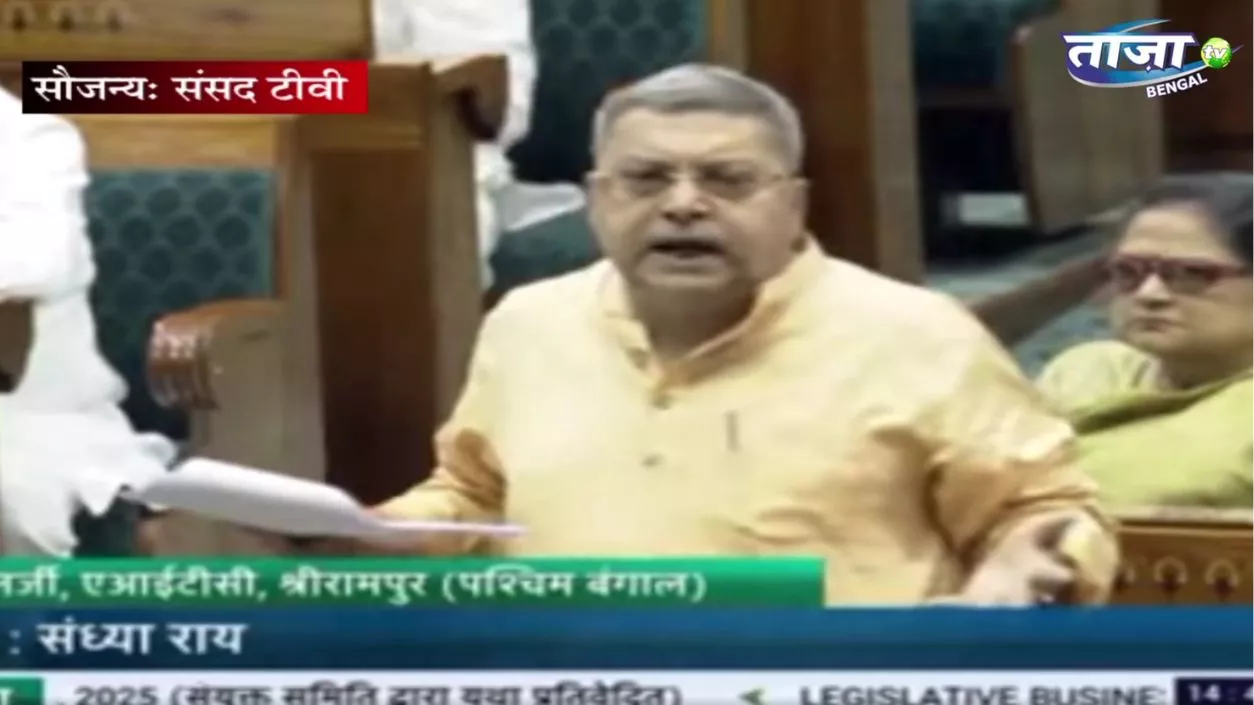.gif)
.gif)

During the debate on the Waqf Bill in Parliament, AITC MP Kalyan Banerjee strongly opposed the legislation, calling it unconstitutional and a violation of Article 26 of the Constitution, which guarantees the right to manage religious affairs. He alleged that the bill introduces sect-based classifications within Waqf Boards and restricts the rights of Muslims. Banerjee stated, “On behalf of AITC, under the leadership of Mamata Banerjee, I strongly oppose the bill in its entirety.” He also said that Waqf properties support mosques, madrassas, and cemeteries while aiding marginalized sections of society, and accused the bill of aiming to legalize the illegal encroachment of Waqf land by government bodies.
Banerjee criticized the proposed removal of Section 40, stating that it would render the Waqf Board powerless in protecting its properties. He further claimed that Muslims already face unequal access to public resources, and this bill would worsen their situation. In response, BJP leaders defended the bill, accusing the AITC of wanting Waqf Boards to continue declaring properties as Waqf without proof. BJP claimed that Section 40 allowed properties, including ancient temples and government land, to be declared Waqf land unilaterally, and that the amendment aims to stop land grabs. A BJP leader said, “Mamata’s TMC wanted Waqf Boards to keep looting land! The amendment shuts down this blatant land grab.”
The bill was introduced by Union Minority Affairs Minister Kiren Rijiju, who stated that it seeks to improve Waqf property management, enhance transparency, and introduce technology-driven reforms. He said the bill was reviewed by a Joint Parliamentary Committee (JPC) and claimed that its consultation process was the largest ever, with over 97.27 lakh petitions received and examined. Rijiju clarified that the bill only concerns properties and has no religious angle. The debate over the bill continues, with sharp divisions between opposition parties and the ruling BJP.